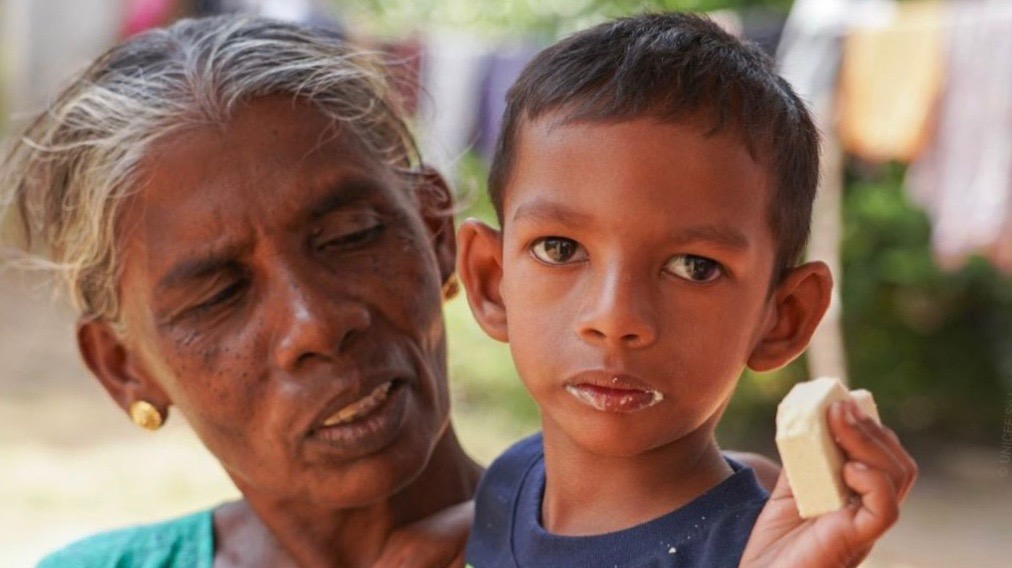The Sri Lankan government’s Sectoral Oversight Committee in Alleviating the Impact of the Economic Crisis has found that one in every three school students in the country does not get an adequate breakfast. Out of a total 4.5 million school students, at least 1.4 million children fall under this category, said MP Gamini Waleboda, the chairman of the Committee.
Sri Lanka has been grappling with an acute economic crisis since last year. This has aggravated the problem of food insecurity in the country. According to UNICEF, “6.2 million people (28% of the population) are estimated to be moderately acute food insecure, while 66,000 people are severely acute food insecure,” read an editorial in the Daily Mirror.
Soaring inflation and a long political crisis have changed the dynamics of administrative functioning in Sri Lanka, mainly impacting the poor strata. In 2019, an average family in Sri Lanka would spend 32% of their income on food. Now, two in five households (41.8%) are reportedly spending 75% of their income on food. This is when wages of workers have largely remained static and the cost of living has nearly doubled in a short span of time. Workers in the informal sector have been especially hit, with 86% of households in Sri Lanka reportedly reducing food intake and some going without meals, as per the UN.
“According to the United Nations (UN), nearly five million Sri Lankans, including 200,000 in Colombo, are living hand to mouth, eating less, and borrowing money. Among those at risk are 56,000 children under five years of age, who suffer from severe acute malnutrition. Up to 22% of the population needs food aid,” wrote Menu Nilukshika from the Peoples’ Health Movement Sri Lanka.
“There are approximately 50% of school drop outs at Grade 5, when children are around 10 years old. This number has further increased to a great extent in the present situation, due to transport difficulties and lack of food. Nowadays, many children go to school only one day a week,” according to Nilukshika.





